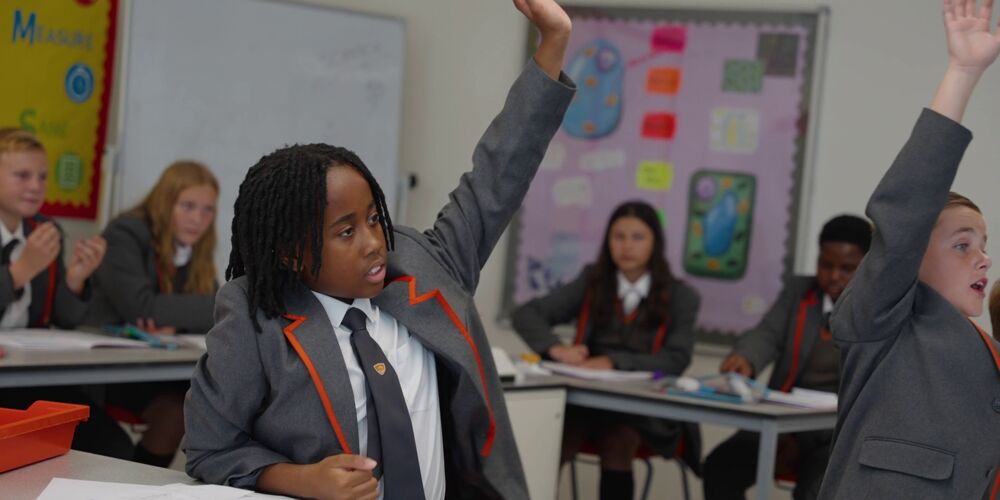House System
We know that secondary schools can sometimes feel like very big places. Belonging to a House helps our students feel part of a smaller community within the larger whole school community, a team in which students of all ages can work together and with members of staff to achieve common goals.
There are a number of house competitions and events that will take place throughout the year across a range of subject areas. All competitions give the students the opportunity to win house points. In addition, students are able to earn house points in every lesson or for positive contributions to the school. Our students feel proud of belonging to their Houses and quickly form an allegiance to their house and there is a sense of fun and friendly competition across all the house events.
The House system is incredibly important to Stone Lodge, as it enriches the lives of students and staff, fostering a sense of team work and community, and embodying our school philosophy of ‘Building Successful Lives' which is encapsulated in our RIDES values.
Each house is named after a remarkable historic figure who overcame various obstacles to achieve greatness. Each has made a significant contribution to life today, whether via invention or action, these people embody the ethos of Stone Lodge School.
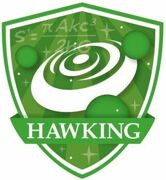 Stephen Hawking (Science) was a theoretical physicist, cosmologist, and author. Hawking was diagnosed with a slow-progressing form of motor neurone disease that gradually paralysed him over the decades. His determination was such that even after the loss of his speech, he was still able to communicate through a speech generating device and work as the director of research at the Centre for Theoretical Cosmology at the University of Cambridge. He died on 14 March 2018, after living with the disease for more than 50 years.
Stephen Hawking (Science) was a theoretical physicist, cosmologist, and author. Hawking was diagnosed with a slow-progressing form of motor neurone disease that gradually paralysed him over the decades. His determination was such that even after the loss of his speech, he was still able to communicate through a speech generating device and work as the director of research at the Centre for Theoretical Cosmology at the University of Cambridge. He died on 14 March 2018, after living with the disease for more than 50 years.
Amy Johnson (Engineering) 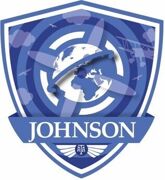 was a pioneering English female pilot who achieved worldwide recognition when, in 1930, she became the first woman pilot to fly solo from England to Australia. Flying solo or with her husband, she set many long-distance records during the 1930s. She flew in the Second World War as a part of the Air Transport Auxiliary and died during a ferry flight. In her lifetime she was a fearless aviator who did much to promote equality for women.
was a pioneering English female pilot who achieved worldwide recognition when, in 1930, she became the first woman pilot to fly solo from England to Australia. Flying solo or with her husband, she set many long-distance records during the 1930s. She flew in the Second World War as a part of the Air Transport Auxiliary and died during a ferry flight. In her lifetime she was a fearless aviator who did much to promote equality for women.
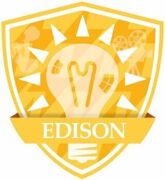
Thomas Edison (Technology) was an inventor who has been described as America's greatest inventor. He developed many devices such as electric power generation, mass communication, sound recording, and motion pictures. He was one of the first inventors to apply the principles of organised science and teamwork to the process of invention, working with many researchers and employees respecting the contribution of all collaborators in his work. Edison was almost completely deaf, yet he considered his deafness a blessing as it ‘kept conversations short so he could concentrate on his work!’.
Mary Seacole (Medical Science) 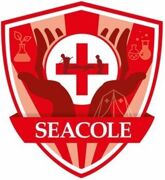 was a British-Jamaican business woman and nurse who set up the "British Hotel" behind the lines during the Crimean War. She described this as "a mess-table and comfortable quarters for sick and convalescent officers", and provided treatment for wounded servicemen on the battlefield. She was posthumously awarded the JamaicanOrder of Merit in 1991. In 2004 she was voted the greatest black Briton. Despite prejudice Seacole overcame all obstacles to provide help to the wounded, she was extremely popular among service personnel for her integrity, doing the right thing even when unthinkable prejudice stood in her way.
was a British-Jamaican business woman and nurse who set up the "British Hotel" behind the lines during the Crimean War. She described this as "a mess-table and comfortable quarters for sick and convalescent officers", and provided treatment for wounded servicemen on the battlefield. She was posthumously awarded the JamaicanOrder of Merit in 1991. In 2004 she was voted the greatest black Briton. Despite prejudice Seacole overcame all obstacles to provide help to the wounded, she was extremely popular among service personnel for her integrity, doing the right thing even when unthinkable prejudice stood in her way.

